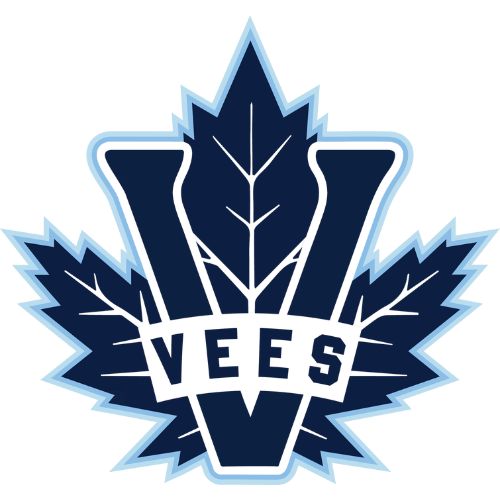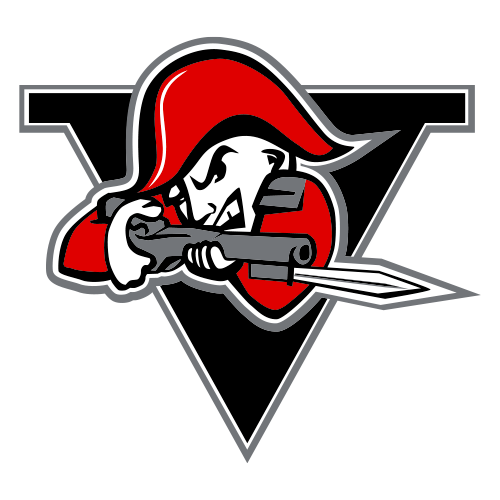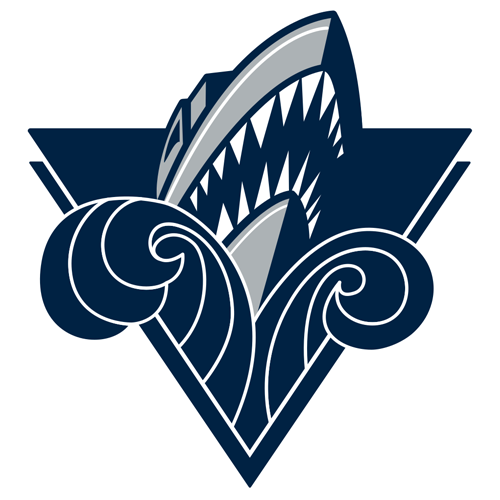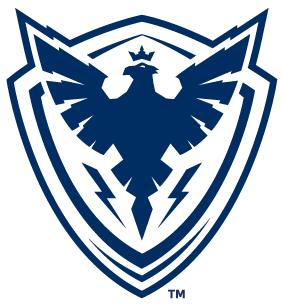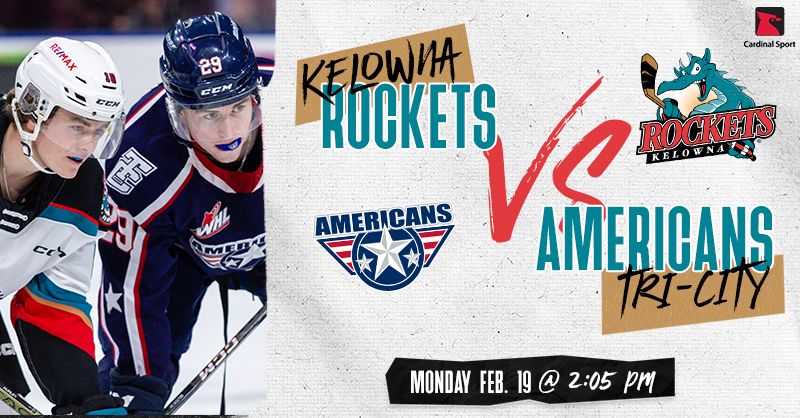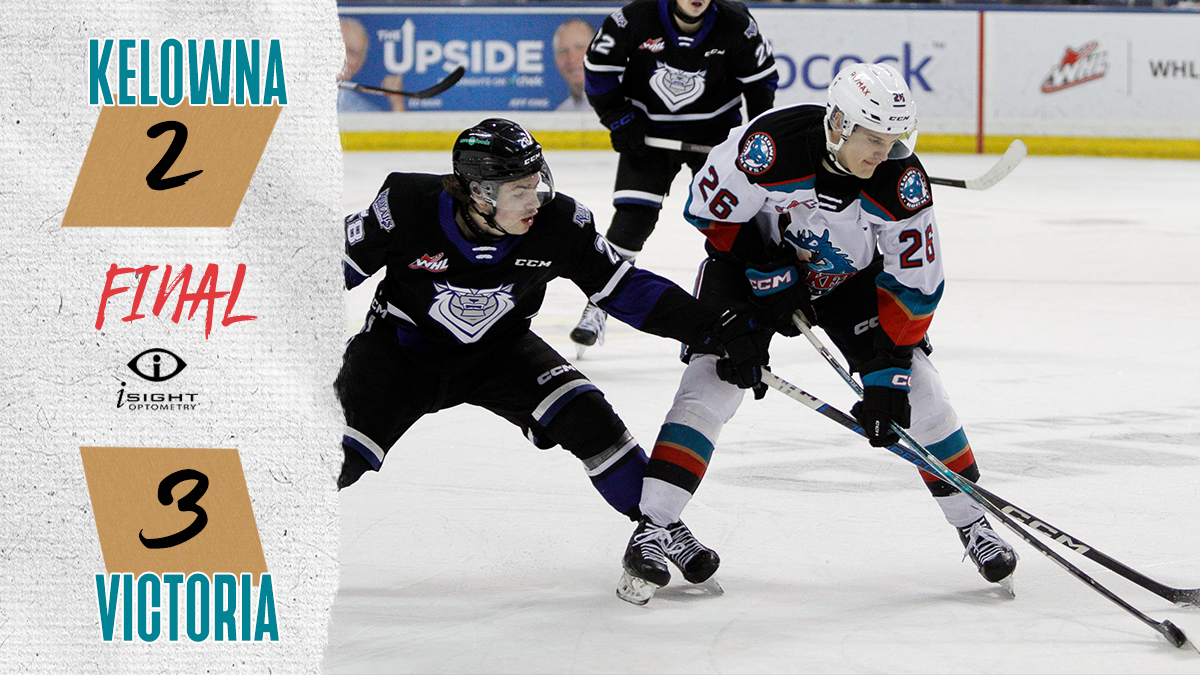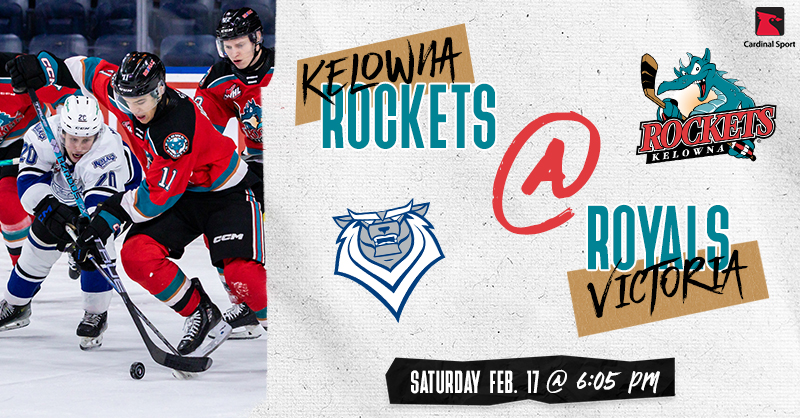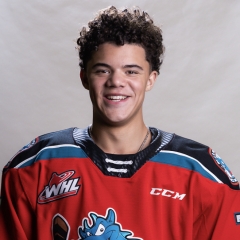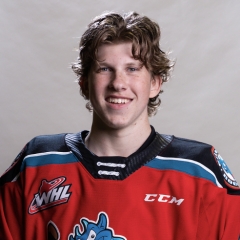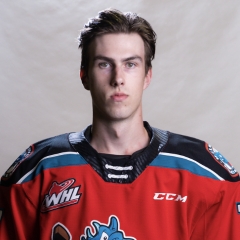One-on-One with Josh Gorges
r Getty Images photo
r
r Former Kelowna Rockets defenceman and current Montreal Canadiens blueliner Josh Gorges is back in Kelowna this summer preparing for another NHL season. The Kelowna Minor Hockey product will take part in the annual Kelowna Rockets alumni weekend this summer. He dropped by his old haunt and sat down for a one-on-one interview with Rockets media guy Kevin Parnell.
r
r Parnell: As an NHLer I'm sure you get plenty of requests for charity events. Obviously the Rockets alumni weekend is close to your heart. Why is it important to you to take part?
r
r Gorges: I think first of all I've been around this tournament since it started. It's easy for me because I live here and I will always come back here. But I think it's important for us as players to realize that we're really fortunate to be a part of this team this city and this organization. We dont take that lightly. You look around the league now and all the players that have through Kelowna and gone on to bigger and better things. We owe a lot to being here. This is an opportunity for us to help out in the best way we can, show our appreciation and help raise money for a good cause. In turn that helps out the people that really got us to where we are today.
r
r Parnell: Let's talk about the Canadiens playoff run to the Eastern Conference final. Looking back, how do you view it?
r
r Gorges: It was bittersweet. There are a lot of good things you can take from it. We took a lot of steps forward as a team and an organization to get to where we were. No one gave us a chance. We were supposed to be out in the first round in four games and to make it to where we were was an accomplishment. We defied a lot of odds and I think we learned a lot about each other as a team. But it's always tough to look at all those positives when the ultimate goal is to win the Stanley Cup. Every team has that goal and only one team achieves their goal and 29 teams fall short. So we are happy with the strides we took and it was fun, it was exciting but I think we learned a lot about what it takes and where to go next year
r
r Parnell: What's it like to play in such a storied NHL city like Montreal?
r
r Gorges: It's so hard to explain. Something that I always said since the first game I ever played there was this is something that every player should get to enjoy. There is much more to it than 21,000 fans screaming because they love their team. It's the history, it's the Stanley Cup banners and the retired jerseys. Jean Beliveau sits right behind the bench. Every time you change you see him sitting there. It's an experience that you don't get if you are playing in Florida or if you are playing in Anaheim. It's something special and it's been a great ride. It's been a lot of fun to play there.
r
r Parnell: Speaking of defying the odds you've done it your whole career. You weren't drafted in the WHL bantam draft or in the NHL draft. At every level you have had to prove yourself, including in San Jose and then again in Montreal. You're a great example for kids everywhere. How did you do it?
r
r Gorges: I come from a stubborn family I guess. That's the way I was brought up with my parents telling me to always keep working for things. One thing I was told when I was younger was nothing good in life comes easy. If that were the case everyone would have it. You have to work for things. That's just something that I have based my career on. People are always going to tell you you can't do things: Me personally and our team this year. But that's motivation. Every time someone tells you you can't it should be that much more you put into it to prove them wrong, to prove you do belong.
r
r Parnell: You're a year away from unrestricted free agency. Do you finally feel established in the NHL?
r
r Gorges: It's been a crazy few years. I don't want to say I'm established but I think I've proven to my teammates and to the Montreal organization that I belong to play there and that I am going to work to keep getting better to stay there. I think that's one thing I have learned also is there is no time to rest, to say you've made it because as soon as you do you have 20 guys behind you fighting for your job. So everyday is a challenge. Everyday you have to keep getting better. I think I have established myself that I can play but I think I can keep getting better as the years go on.
r
r Parnell: How does the body feel after an NHL season and playoff run?
r
r Gorges: It's amazing. You play 82 games and it's a grind. That's tough. It's tough on the body, it's tough mentally. But then you play 19 games in the playoffs and those 19 games that we played were tougher than the 82 we played in the regular season. I don't know if the mentality is you are going 100 percent on every shift, you're not giving anything away, you're blocking shots, taking hits. It wears on you. It seems like you don't really notice until a couple days after you finish and then all of the sudden you start feeling these aches and pains and it's tough to get out of bed in the morning but the price you pay is all worth it at the end of the day.
r
r Parnell: What do you remember about playing in Kelowna for the Rockets?
r
r Gorges: The one thing I remember is we were treated like professionals. We weren't treated like kids. We weren't treated like a junior team. We were treated like professionals but in turn we were expected to act like professionals. We came to the rink prepared. We knew what our job was. It wasn't just to have fun and play junior hockey in a great city. We were here to win. I think we learned a lot about what it takes to win. It's not an individual thing, it's a group. We had a great group of guys and I was fortunate to be a part of a winning team here and those things don't happen to everyone. I was very fortunate to be alongside a good group of people that I played with.You can't say enough about the Hamilton family and what they have done for me and my career. I've been very lucky and fortunate to be in this city.
r
r Parnell: So how does an NHL guy spend his summer?
r
r Gorges: You have to take some time off. You have to let the body heal. Not even so much the body, you have to let the mind rest and get away from the game for a bit. It's a long season. Mentally you have to take a step back, take a breather and then it's back to work back and to training. You get to a point and you realize what it takes and you realize there's a level you have to reach. It's about getting your body prepared to go back to the 82 game grind again and get back to where we were last year.
r









